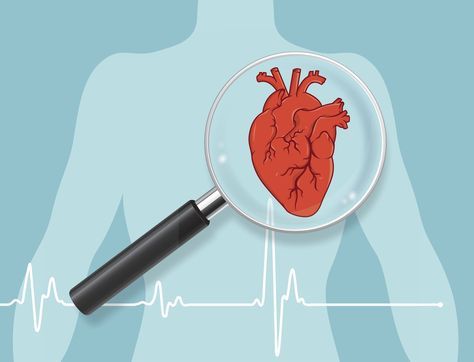Introduction
Cardiac arrest is a serious medical emergency that occurs when the heart suddenly stops beating. This prevents blood from flowing to the brain, lungs, and other vital organs. Cardiac arrest is often fatal if not treated immediately.

Cardiac arrest is not the same as a heart attack. A heart attack happens when blood flow to the heart is blocked. While a heart attack can cause cardiac arrest, not everyone who has a heart attack will experience cardiac arrest.
Symptoms of Cardiac Arrest
Cardiac arrest often occurs suddenly and without warning. However, some people may experience symptoms such as:
- Sudden loss of consciousness
- No pulse
- No breathing
- Chest pain
- Shortness of breath
- Nausea
- Lightheadedness
Causes of Cardiac Arrest
Cardiac arrest can be caused by a number of factors, including:
- Heart attack: The most common cause of cardiac arrest is a heart attack.
- Arrhythmias: Arrhythmias are problems with the heart's rhythm.
- Cardiomyopathy: Cardiomyopathy is a disease of the heart muscle that makes it difficult for the heart to pump blood.
- Congenital heart defects: Congenital heart defects are problems with the heart's structure that are present at birth.
- Coronary artery disease: Coronary artery disease is a condition in which the arteries that supply blood to the heart become narrowed or blocked.
- Drug overdose: Certain drugs, such as cocaine and heroin, can cause cardiac arrest.
- Electrical shock: Electrical shock can disrupt the heart's electrical system and cause cardiac arrest.
Treatment for Cardiac Arrest
Cardiac arrest is a medical emergency that requires immediate treatment. If you think someone is having a cardiac arrest, call 911 immediately.
Treatment for cardiac arrest may include:
- Cardiopulmonary resuscitation (CPR): CPR is a lifesaving technique that can help to keep blood flowing to the brain and other vital organs.
- Defibrillation: Defibrillation is a procedure that uses an electrical shock to restart the heart.
- Medications: Medications may be given to help regulate the heart's rhythm and blood pressure.
Prevention
There are a number of things you can do to reduce your risk of cardiac arrest, including:
- Live a heart-healthy lifestyle: This includes eating a healthy diet, exercising regularly, and not smoking.
- Manage your health conditions: If you have a health condition that increases your risk of cardiac arrest, such as coronary artery disease or diabetes, be sure to manage your condition carefully.
- Learn CPR: Knowing how to perform CPR can save a life.

.jpg)